A series of stories on Aluminij.
Đemal Memagić, the long-serving mayor of Olovo and a businessman, purchased an apartment in Poreč, Croatia, in 2021 for half a million BAM. He also included a car valued at BAM 412,000 in his asset declaration.
Đemal Memagić, a member of the Party of Democratic Action (SDA), has been the mayor of Olovo since 2012. It was already clear before the 2024 local elections that he would secure a fourth term, as he was the only candidate for the position.
In 2021, Memagić purchased an apartment in Poreč for just over half a million BAM. Along with his new property, in the asset declaration he submitted to the Central Election Commission of Bosnia and Herzegovina (CIKBiH) in 2024, he reported owning…
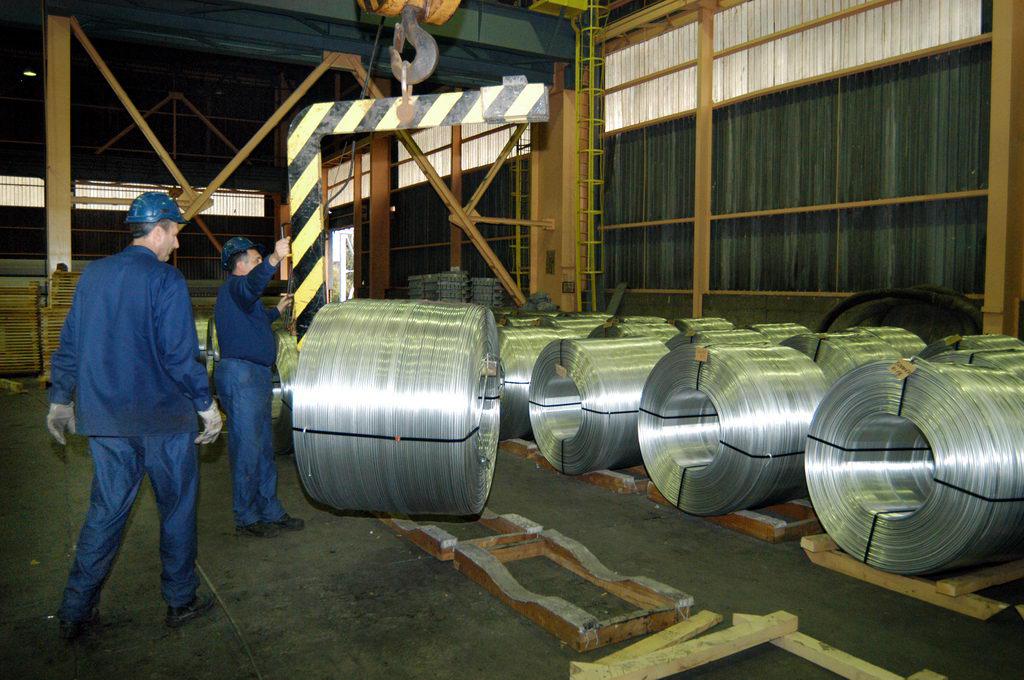
The history of the privatization of Mostar Aluminij reflects the complexity and troubles BiH has faced over the past decade. At issue is who really owns the countries largest exporter.
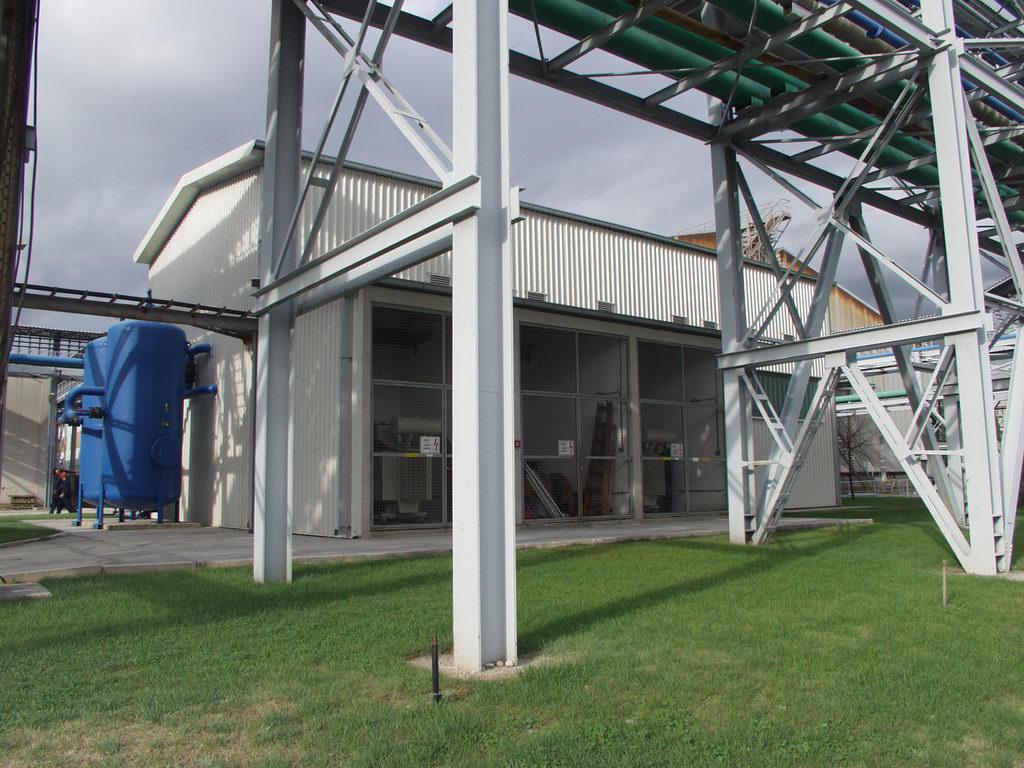
Some of the companies likely to bid on Mostar Aluminij do not have good track records as good corporate citizens. Allegations of corruption, bribery, fraud, extortion and other crimes haunt many of the regions biggest aluminum companies.
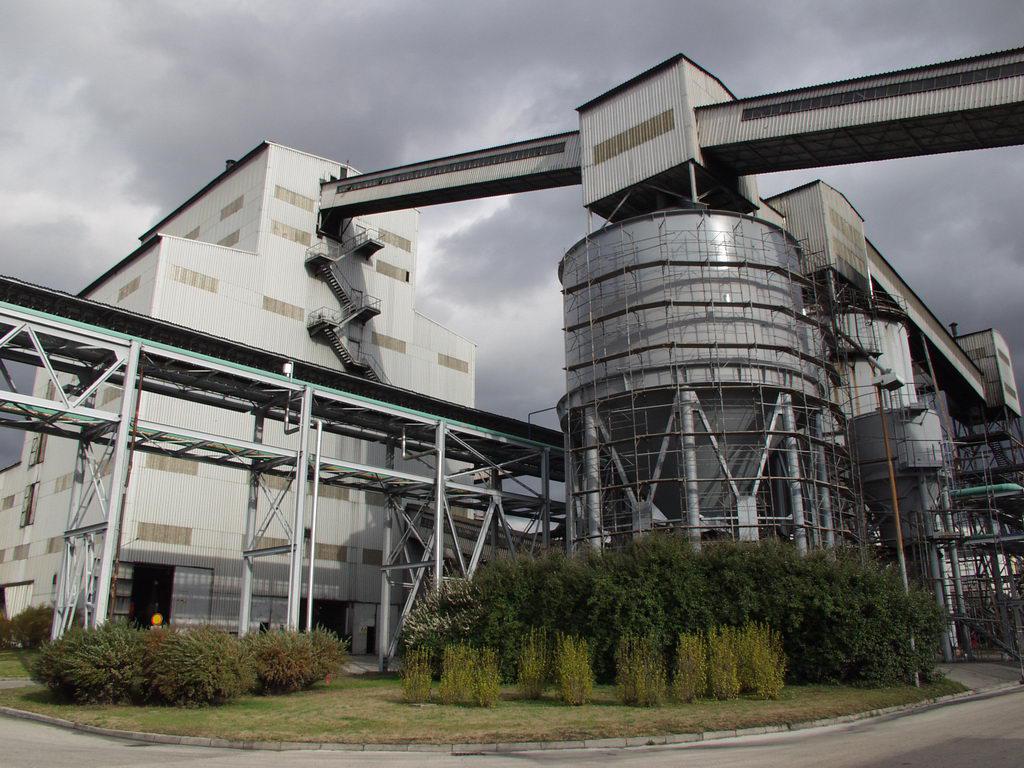
Experts say the tender process to privatize BiH”s most important industrial plant is not transparent and is open to corruption. Odd requirements in the tender eliminate many of the best aluminum companies and a plan to have multiple rounds of bidding opens the process to manipulation.
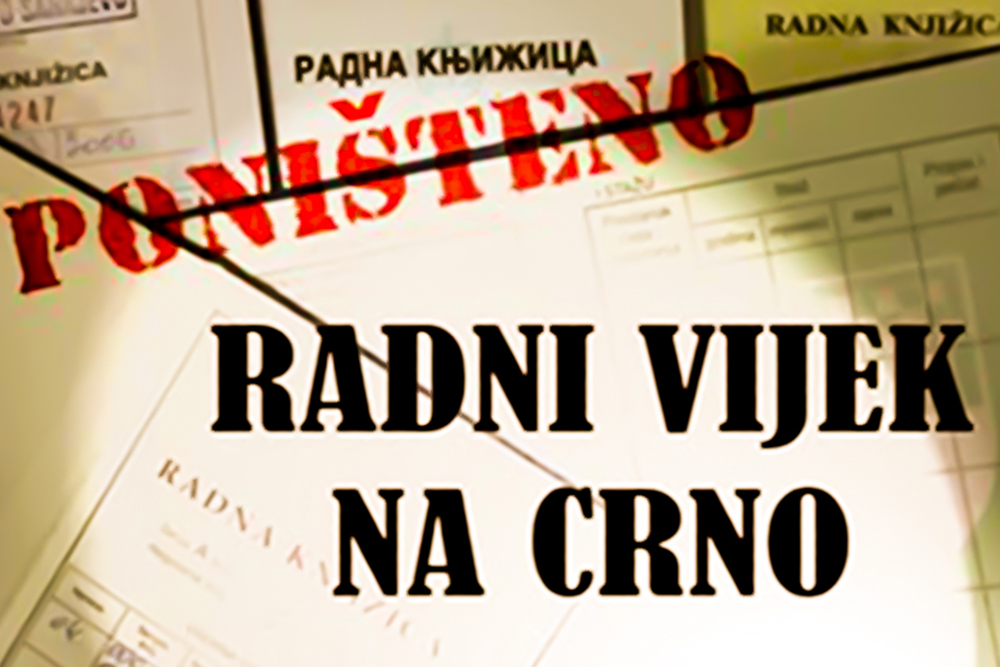
A round-up of suggestions from experts, officials, inspectors, and workers that could make a difference.
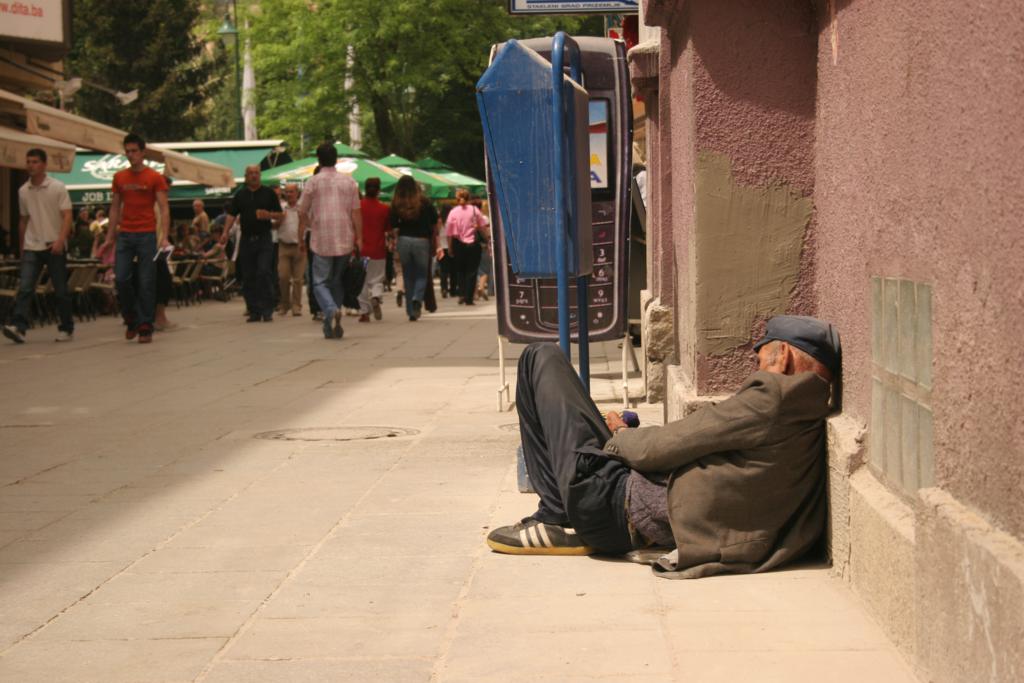
Unless the question of unpaid contributions for pensions is addressed soon, social unrest threatens and many workers may never be able to retire, union representatives warn. Even when many people do retire, they are barely surviving by working unregistered and eating in free public kitchens.
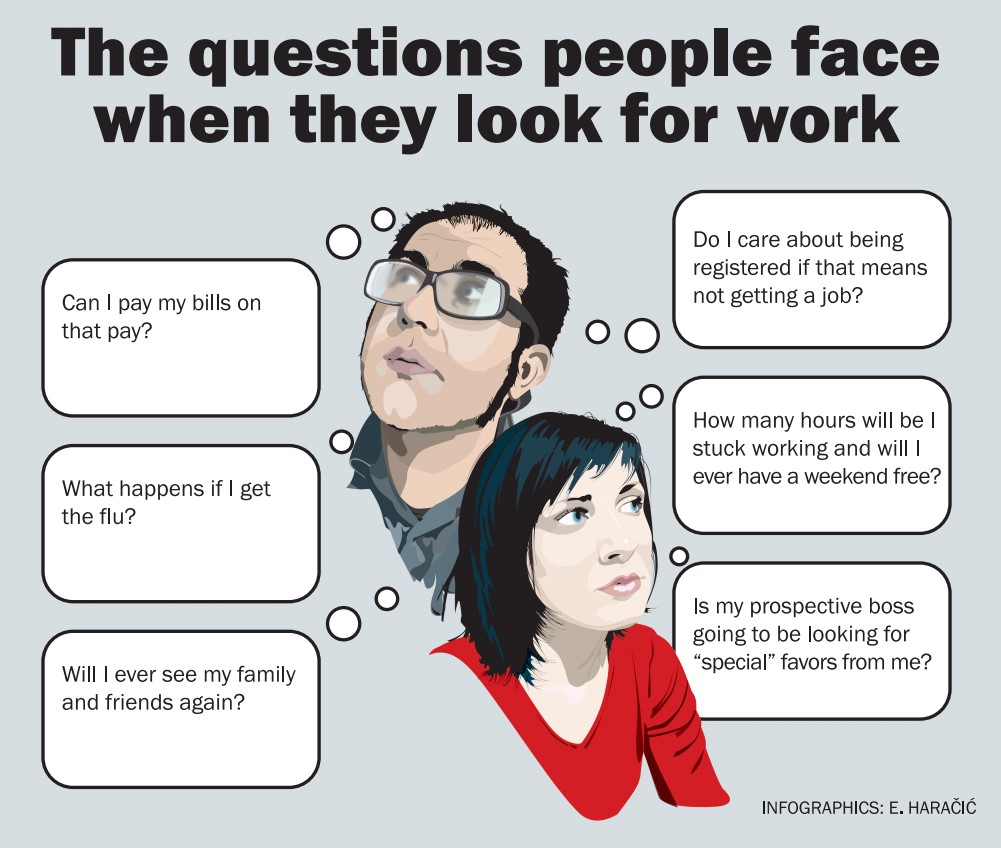
Looking for a job in Bosnia and Herzegovina (BiH) is a lot like buying a lottery ticket, say young job seekers, with all the odds
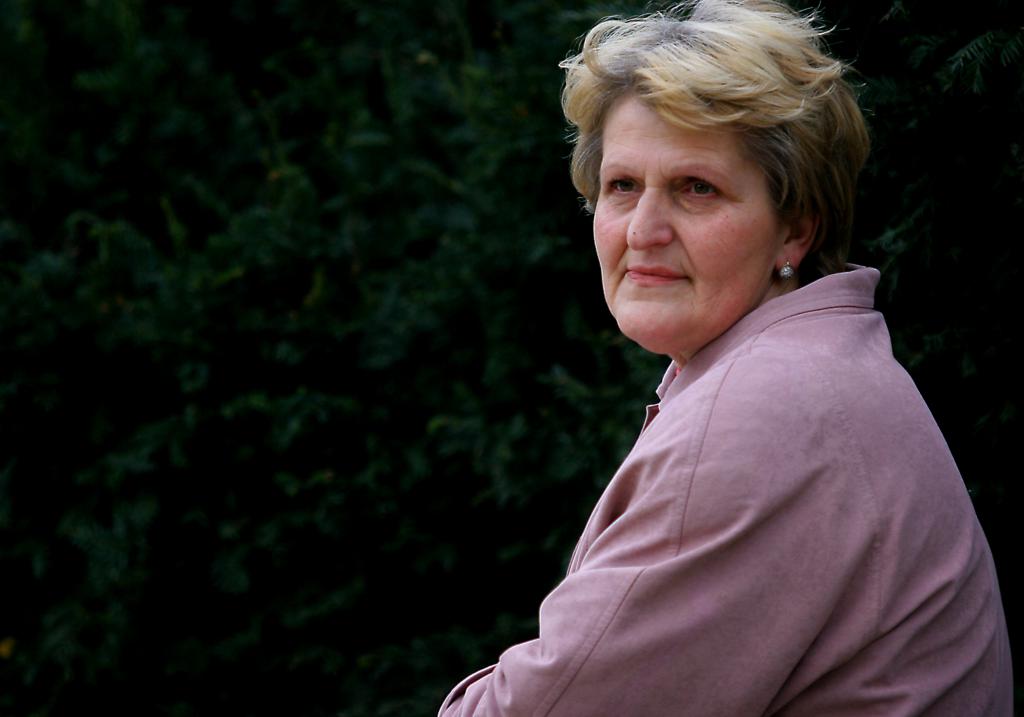
By bringing accusations against her boss into a court of law, a woman working for the Federation Archive could change attitudes and ways to response to workplace harassment.
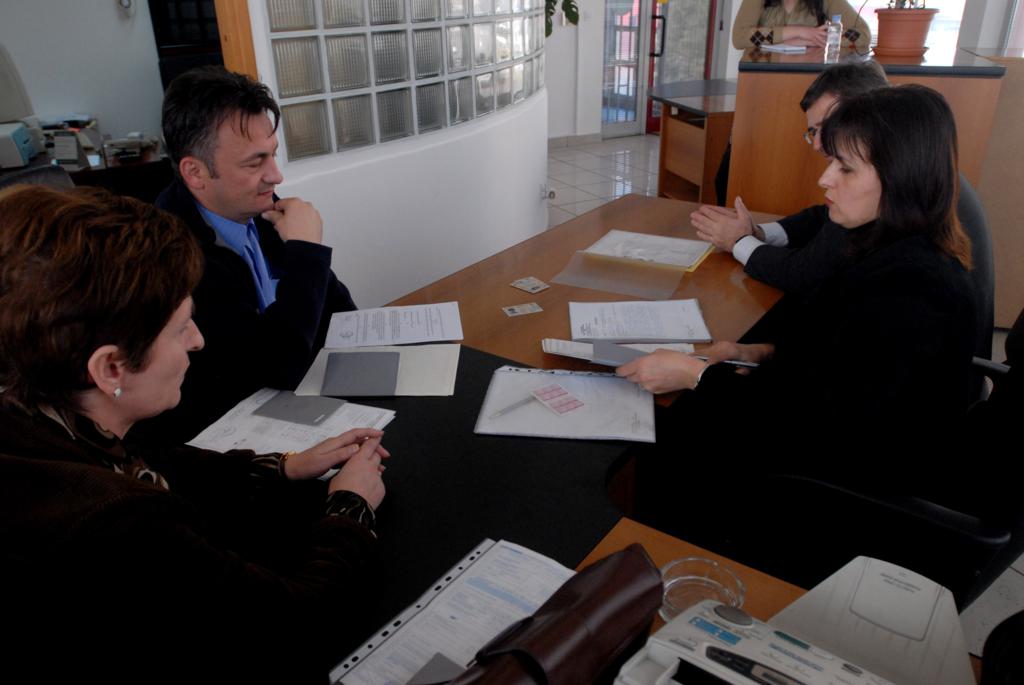
Labor inspectors weren’t much help to 28-year-old clerk Mirela Tasić.

One of the most serious problems facing workers in Bosnia and Herzegovina today is the failure of companies and government to make required contributions into pension funds. Yet pension and tax officials are doing little to collect debts or encourage contributions.

Employers are not solely to blame for black market labor and not all of the more than 240,000 unofficial workers in BiH have been forced to work without rights or benefits. Many choose that way to work.

Employers devise ways to avoid paying high contributions for workers, while labor inspectors and responsible officials are ignoring obvious irregularities.

The history of the privatization of Mostar Aluminij reflects the complexity and troubles BiH has faced over the past decade. At issue is who really owns the countries largest exporter.

Some of the companies likely to bid on Mostar Aluminij do not have good track records as good corporate citizens. Allegations of corruption, bribery, fraud, extortion and other crimes haunt many of the regions biggest aluminum companies.

Experts say the tender process to privatize BiH”s most important industrial plant is not transparent and is open to corruption. Odd requirements in the tender eliminate many of the best aluminum companies and a plan to have multiple rounds of bidding opens the process to manipulation.

A round-up of suggestions from experts, officials, inspectors, and workers that could make a difference.

Unless the question of unpaid contributions for pensions is addressed soon, social unrest threatens and many workers may never be able to retire, union representatives warn. Even when many people do retire, they are barely surviving by working unregistered and eating in free public kitchens.

Looking for a job in Bosnia and Herzegovina (BiH) is a lot like buying a lottery ticket, say young job seekers, with all the odds

By bringing accusations against her boss into a court of law, a woman working for the Federation Archive could change attitudes and ways to response to workplace harassment.

Labor inspectors weren’t much help to 28-year-old clerk Mirela Tasić.

One of the most serious problems facing workers in Bosnia and Herzegovina today is the failure of companies and government to make required contributions into pension funds. Yet pension and tax officials are doing little to collect debts or encourage contributions.

Employers are not solely to blame for black market labor and not all of the more than 240,000 unofficial workers in BiH have been forced to work without rights or benefits. Many choose that way to work.

Employers devise ways to avoid paying high contributions for workers, while labor inspectors and responsible officials are ignoring obvious irregularities.
The Center for Investigative Reporting (CIN) in Sarajevo is unique in Bosnia and Herzegovina, the first organization of its kind to be established in Balkans. CIN is dedicated to investigative reporting, aimed toward providing fair and unbiased information, based on evidences and solid proof, to BiH citizens who need to make educated decisions.
Downloading of the content of the CIN is permitted with the mandatory reference to the source at www.cin.ba.
Svojim anonimnim prijavama doprinosite integritetu naše zajednice. Molimo vas da iskoristite ovu formu kako biste sigurno prijavili bilo kakvu sumnju u korupciju ili nezakonitu aktivnost koju primijetite. Vaša hrabrost ključna je za očuvanje naših vrijednosti i promicanje transparentnosti.